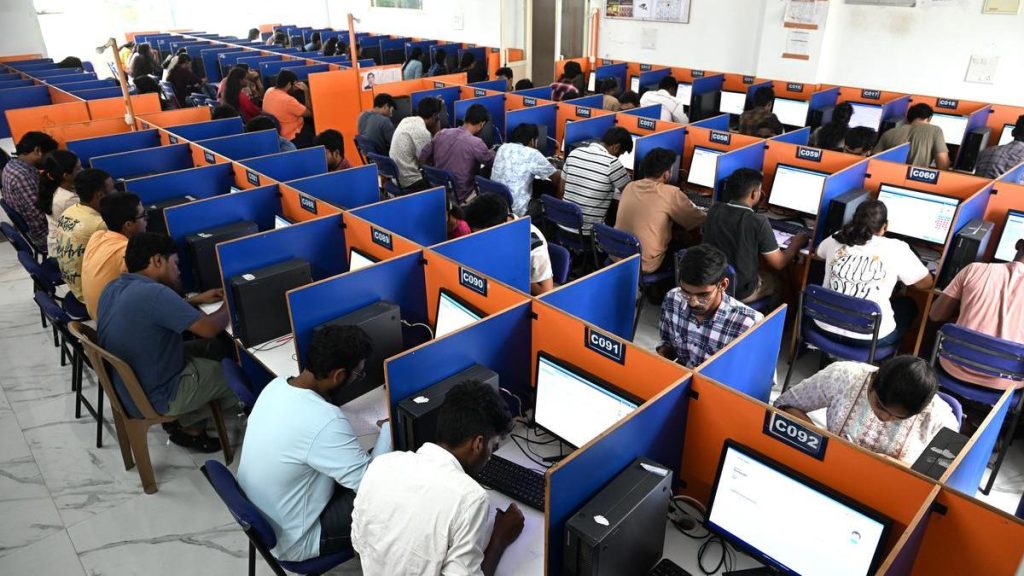Now Reading: Bidar District to Get 60 Hi-Tech Women’s Toilets in Karnataka
-
01
Bidar District to Get 60 Hi-Tech Women’s Toilets in Karnataka
Bidar District to Get 60 Hi-Tech Women’s Toilets in Karnataka
Swift Summary
- Karnataka Rural Infrastructure Advancement Limited (KRIDL) plans to set up 60 hi-tech community toilets for women across Bidar district, Karnataka.
- Each unit includes 11 washrooms – 10 Indian-style and one Western-style toilet designed for people with disabilities.
- The government has allocated ₹25 lakh per community toilet unit for construction.
- Modern features include a waste conversion system, water and electricity supply, an inverter system for night usage, laundry platforms, and enhanced safety measures in accessible locations.
- The initiative aims to reduce open defecation risks like snakebite deaths or drowning incidents while improving sanitation and health outcomes.
- Jal Jeevan Mission will ensure adequate water supply for these units.
- Awareness campaigns under Data, Education and Communication (IEC) activities are being conducted by the zilla panchayat to promote usage of these facilities among villagers.
Indian Opinion Analysis
The introduction of hi-tech community toilets tailored exclusively for women represents progressive steps toward improving rural infrastructure in Karnataka. This strategy directly addresses critical issues associated with sanitation in rural areas-such as health risks from open defecation-and provides safer alternatives. The integration of modern infrastructure features like waste conversion systems may also contribute to environmental benefits like fertilizer production.Though, effective implementation will require sustained education campaigns to encourage usage within communities alongside ensuring operational reliability through consistent water supply under the Jal Jeevan Mission program. Coupled with parallel progress on individual household toilets built through the Swachh Bharat Mission (as evidenced by growing application approvals), such initiatives collectively pave pathways toward achieving universal access to sanitation facilities-a fundamental component of public health enhancement.






















